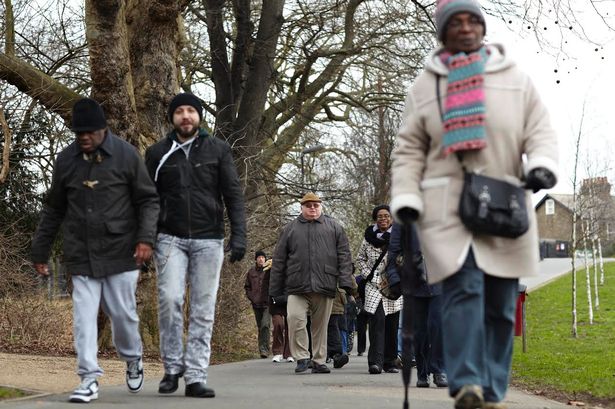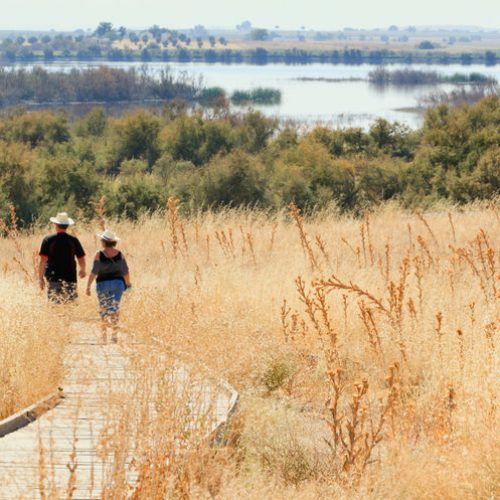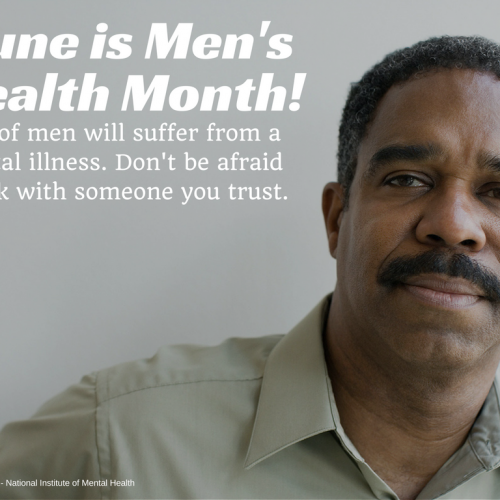Exercise can be helpful for those living with cancer. Health Reporter Helen Rae takes a look at a North East walking scheme
Most people know the importance of incorporating regular exercise into their fitness regime to maintain a healthy, balanced lifestyle. Yet when someone is struck down with a life-changing illness it can make it increasingly difficult to find the energy and motivation to keep active.
That is why walking programmes to help people living with cancer have been set up across the country, including many in the North East.
Macmillan Cancer Support recently teamed up with the group, Ramblers, to run Walking for Health – a network of organised walks across England.
Walking for Health is England’s largest network of health walk schemes, supporting all kinds of people to lead a more active lifestyle.
There are currently 30 health walk schemes in the North East and 600 across England. Cancer patients should check with their doctor before starting any type of exercise.
Jacquetta Fewster, Walking for Health programme manager at Macmillan Cancer Support, said: “Walking is one of the easiest ways to become more physically active. We know that physical activity is good for people living with cancer.
“Working with the Ramblers has given us a great chance to join together our walking and health expertise. This means we can help 600 schemes to offer short, free, easy, local health walks in communities across England.
“Walking as part of a small group is a good way to get started and keep motivated. You’ll make friends, encourage each other and discover new walks near to you.
“There are currently two million people living with and beyond cancer in the UK, and Macmillan estimates that around 1.6 million are not physically active to recommended levels.
“We know that cancer and its treatments can cause a range of side-effects including fatigue, stress and anxiety, bone thinning and heart problems.
“Physical activity including walking is a fantastic way to manage and even prevent these. Regular physical activity also has a potential role in reducing the risk of cancer recurrence and in increasing survival.”
Those who take part in the scheme can expect short walks, friendly, knowledgeable trained walk leaders, walks to suit people with long-term conditions, good company and safe routes to stroll along.
Hundreds of people in the region are currently taking part in the Walking for Health programme.
Groundwork’s Green and Healthy Places, based in South Tyneside and Newcastle, is part of the scheme and has more than 200 people registered on its books. It is funded by South Tyneside Council through public health.
Nicola Bruce, coordinator of Green and Healthy places, said: “Walking works wonders for keeping people both physically and mentally fit. We say that if walking was a medicine then everyone would be prescribed it.
“Walking is a great way for people to be sociable while taking in the natural environment, as well as finding out about the local area too. In the North East the are some lovely places to walk and they are easy to get to.
“For those dealing with illness, walking can be a good way to lower stress levels, anxiety and depression. There are so many benefits to walking as it also helps improve fitness and physical strength.”
Pensioner Edward Findlay, 76, of Jarrow, South Tyneside, is a volunteer walk leader for Green and Healthy Places, and knows first-hand the importance of exercise when battling cancer.
More than a decade ago, the retired painter in a shipyard was given the shock diagnosis that he had prostate cancer.
Yet after undergoing surgery to remove the tumour he was given the ‘all clear’ and is extremely fit and active.
The grandfather-of-one said: “I used to go swimming but I now go walking instead as it is just as good a way to keep fit and active.
“I have seen a significant increase in my fitness levels and I’m very healthy. Walking is also a great way for people to get out of the house and meet new people.
“People from all over the region, and of all ages, take part in the walks I lead and it’s a great way to get off the settee.
“In the run up to Christmas more and more people take part in the walks to keep the weight off .”
The Walking for Health programme was taken over by the Ramblers and Macmillan Cancer Support in April 2012. Working in partnership the two charities are keen to give health walks a bright future.
The programme has undergone a brand refresh with a new modern look. With a new logo, website, photography and feel developed to reflect the friendly, social and welcoming nature of its walks.
A new poll suggests that two in five adults underestimate the recommended levels of exercise they should be doing.
To stay healthy, adults under the age of 65 should do at least 150 minutes of moderate intensity aerobic activity, such as cycling or fast walking, every week. They should also perform muscle-strengthening activities on two or more days each week.
But 41% of adults polled by sustainable transport charity, Sustrans, did not know the correct amount of exercise they should be undertaking to benefit their health.
The poll of 2,000 people from across the UK also found that women are more aware of the health benefits of regular exercise than men, the charity said.
“It may not be a great surprise that women are more in touch with what’s good for them, but this does highlight that more needs to be done to make walking and cycling easier, safer and more attractive; and to raise awareness of the health benefits to be had from physical activity, especially among men,” said the charity’s health director, Philip Insall.
“From 1961 to 2005, levels of physical activity in the UK dropped by 20% and if current trends continue, will reduce by more than 35% by 2030.
“As a direct result, obesity, diabetes and many more health disorders are becoming increasingly prevalent.
“The minimal recommended amount of physical activity for men and women is 150 minutes per week but healthy levels of activity can be built into a person’s day much more easily than they might think.
“Getting a healthy amount of physical activity doesn’t have to mean slogging away in the gym – it can be achieved by building activity into your daily routine by choosing to walk or cycle your everyday journeys, instead of taking the car.”
Walking for Health has had great success, improving thousands of lives. Along with fellow walkers, walk leaders provide all the advice and encouragement that participants need.
A new walker needs to build fitness at a pace that’s right for them. In just a short time, a small amount of regular exercise can significantly improve a person’s health, life expectancy and confidence.
Walking is seen as a great way to get the heart pumping and lose weight. A brisk walk, covering three-and-a-half miles in an hour, is thought to burn about 280 calories.
A survey by the Association of Public Health Observatories showed the North East was the second-fattest region in the European Union, after the West Midlands, with 28% of adults classed as obese.
As a result, The Journal joined forces with Nova International more than two years ago to launch our Great North Fitness Revolution.
The Great North Fitness Revolution is challenging everyone to make a pledge to get active and make the positive changes that will lead to a better quality of life.
From training for the Great North Run to something as simple as increasing the number of steps you walk each day, everyone can get involved.
And with figures already showing two thirds of adults in the UK are not doing enough physical activity, ramblers are calling for more people to make the most of the region’s beautiful countryside.
To find out more about about Walking for Health visit www.walkingforhealth.org.uk
Source: The Journal
December 12, 2013
By Helen Rae
http://www.thejournal.co.uk/news/health/walking-back-to-health-6397794











